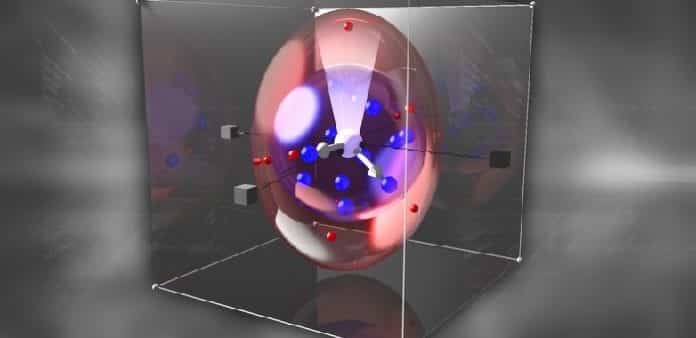DARPA’s new project hopes to do away with software updates by establishing a computer program that evolves for 100 years
?The United States Defense Advanced Research Projects Agency (DARPA) is launching a program that would do away with software updates and plans to design a computer program that would be able to outlast over 100 years of technological change.
The four-year project, Building Resources Adaptive Software Systems (BRASS), for which DARPA is currently inviting research proposals, will look at the performing arithmetic and analytical requirements needed for software systems along with the data accompanying it in order to remain operational for a century or longer.
The program is designed to make progress in the development of the design and implementation of long-lived software systems that have the ability to dynamically adapt to changes in the resources they depend upon, and the environments in which they operate as stated by the US Department of Defense technology research agency.
DARPA, who played a significant role in laying down the rules of conduct which led to the development of the internet, claims that such advances are likely to require new “linguistic abstractions” and resource-aware programs that are able to discover and specify program transformations, as well as systems designed to monitor changes in the surrounding digital ecosystem.
It is expected that the program will lead to significant improvements in software flexibility, dependability, and maintenance, which would help in the development of computer systems that can adjust to progressing operating conditions without the need for cycle updates from outside.
“Technology inevitably evolves, but, very often, corresponding changes in libraries, data formats, protocols, input characteristics, and models of components in a software ecosystem undermine the behaviour of applications,” said DARPA program manager Suresh Jagannathan. “The inability to seamlessly adapt to new operating conditions undermines productivity, hampers the development of cybersecure infrastructure, and raises the long-term risk that access to important digital content will be lost as the software that generates and interprets content becomes outdated.”
DARPA asserted that the platform on which the BRASS project will perform will be an entirely new “clean-slate” approach to software design, composition and adaptation. It is anticipated to result in analytical transformations that would help applications to adjust to changes without the involvement of an extensive programmer.
Jagannathan said that although the project’s plan of ensuring applications continue to function correctly and efficiently in the face of a changing operational environment is a “formidable challenge”, it is a challenge worth engaging in.
“Failure to respond to these changes can result in technically inferior and potentially vulnerable systems,” said Jagannathan. “Equally concerning, the lack of automated upgrade mechanisms to restructure and transform applications leads to high software maintenance costs and premature obsolescence of otherwise functionally sound software.”
A number of computer hardware and software systems that have been designed and created over 50 years ago are operational even today. However, many of these have required comprehensive updates and overhauls to remain compatible to external technological developments.
As COBOL, the programming language enters its 56th year of coming into existence, DARPA is all set to launch its new project. COBOL is still widely used by enterprises within the business and finance sectors for legacy applications inspite of having undergone major revisions.
Stuart McGill, CTO of Micro Focus, had suggested in 2013 that it was almost impossible for most people to avoid a COBOL application in their day-to-day lives.
“Normally, most transactions that we go through every day would be supported by COBOL applications, still are, have been for 30 to 40 years, probably still will be for 10 to 20 at least,” McGill told ZDNet in November 2013.
You can become a part of DARPA’s BRASS program by visiting here.

